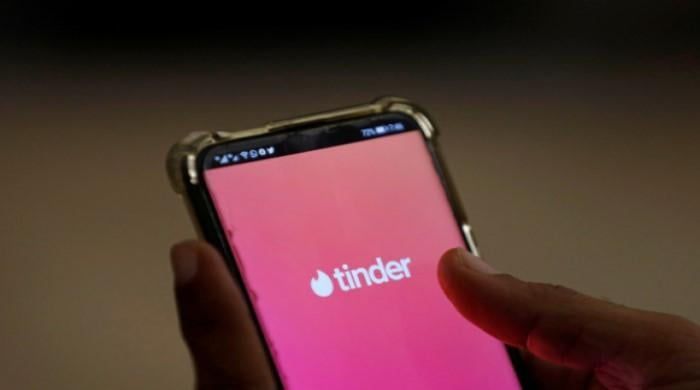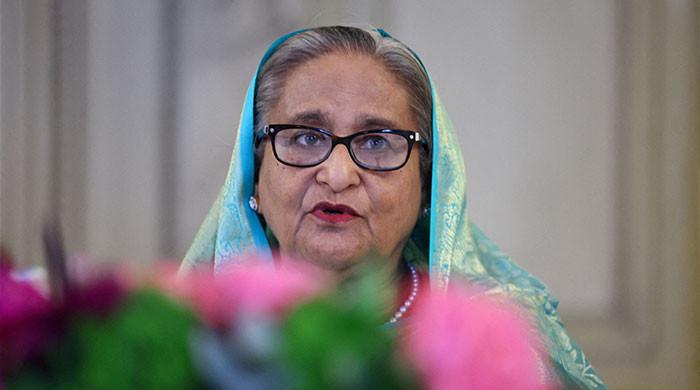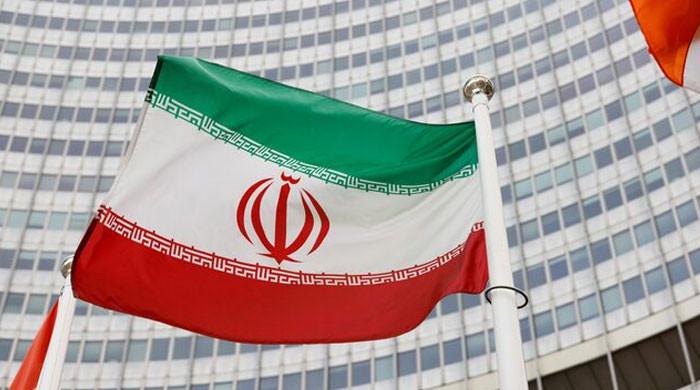Lawsuit Alleges Match's 'Predatory' Model Manipulates Users Through Algorithms That Reward 'Compulsive Use'
Match, the parent company of popular dating apps Tinder, Hinge and The League, is facing a proposed class-action lawsuit alleging that its apps are intentionally designed to encourage compulsive use, prioritizing profits over fostering genuine relationships. Reuters reported.
The lawsuit, filed by six plaintiffs from California, Florida, Georgia and New York, claims that Match's “predatory” business model manipulates users through algorithms that reward “compulsive use,” leading them to subscribe. and spend hundreds of dollars a year.
The plaintiffs are seeking at least $5 million and $1 in damages under the proposed class action, according to legal documents.
According to the complaint filed in federal court in San Francisco, Match uses features that “gamify platforms to transform users into gamers trapped in the pursuit of psychological rewards that Match purposefully evades.”
The lawsuit challenges Match's advertising slogan, “designed to be deleted,” arguing that the addictive nature of the apps contradicts this claim.
Match vehemently denies the allegations, stating, “This lawsuit is ridiculous and has no merit.” The company says its business model focuses on facilitating real-world appointments and emphasizes a “fail-fast mentality” to discard ineffective features.
Match CEO Bernard Kim highlighted the use of artificial intelligence to improve user experiences on Tinder and Hinge.
The lawsuit draws parallels with other litigation against tech giants such as Google, Facebook, TikTok and Snapchat, accusing them of deliberately designing features for addicted users.
The plaintiffs allege negligence on Match's part and violations of state consumer protection laws, and seek unspecified damages for users who paid for the apps over the past four years.
Additionally, they are demanding new warnings about addiction risks and the removal of “designed to be removed” language from Match's marketing.












